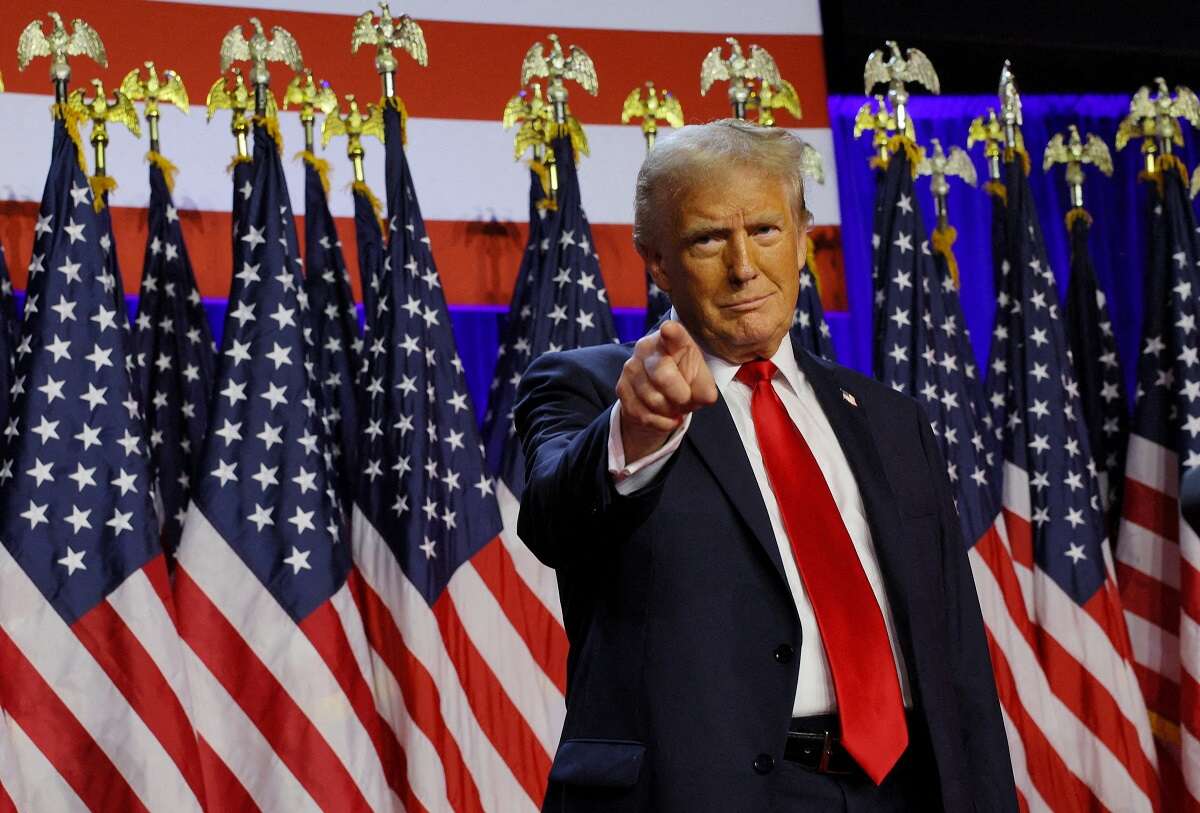On Jan. 20, 2025, President-elect Donald Trump will be inaugurated amidst a great-power competition shaping US foreign policy. Trump recently announced his cabinet nominees, including figures known for their hawkish stances on China and others with significant commercial ties to the nation. This duality mirrors Trump's own ambivalence – on one hand, his campaign to "make China pay" for what he deems unfair trade practices, and on the other, his open admiration for Chinese President Xi Jinping. As in previous administrations, Taiwan and economic issues are likely to dominate Sino-American relations. However, this time, the cabinet room will include a broader spectrum of opinions and interests regarding China.
Trump's rhetoric during the campaign underscores his primary focus on economic concerns in US-China relations. In a televised debate with Vice President Kamala Harris, the Democratic presidential candidate, he mentioned China twice, both times in economic contexts, advocating for steep tariffs on Chinese imports. Similarly, in a three-hour interview on Joe Rogan's popular podcast, Trump referred to China 11 times, with four mentions tied to proposals such as imposing 100–200% tariffs on Chinese electric vehicles.
One notable nominee is Howard Lutnick, selected as Secretary of Commerce. Lutnick shares Trump's commitment to addressing the loss of American jobs to China, supporting proposals like 60% tariffs on Chinese goods. However, Lutnick's connections to China complicate his hawkish stance. His financial services firm, Cantor Fitzgerald, operates a branch in Hong Kong and partners with a Chinese government-controlled enterprise. This partnership has facilitated listings of Chinese companies on US exchanges, and Cantor's partner maintains ties with Huawei, raising concerns among US intelligence agencies. Despite these business interests, Lutnick has accused China of facilitating fentanyl trafficking into the US and is expected to support Trump's plan to impose 10% tariffs on Chinese goods until the drug trade ceases.

Another influential figure is Elon Musk, the billionaire owner of Tesla. While Musk's extensive operations in China, including a major factory in Shanghai, make him reliant on Chinese goodwill, his role in Trump's administration could foster reduced tensions between the two nations. Musk's economic ties to China could position him as a bridge for dialogue, especially given his personal rapport with President Xi and recognition from the Chinese government. However, his dependence on the Chinese market may also limit his ability to support broader trade restrictions.
Conversely, some of Trump's cabinet picks signal a hardline approach. Senator Marco Rubio, nominated for Secretary of State, is a vocal critic of China's human rights record, having spearheaded sanctions against officials involved in Hong Kong crackdowns and forced labor in Xinjiang. Rubio's views extend beyond economic rivalry, framing China as a strategic threat akin to the Soviet Union. Similarly, incoming National Security Advisor Mike Waltz emphasizes reducing US dependence on Chinese minerals and reviving the Monroe Doctrine to counter Beijing's influence in Latin America. Pete Hegseth, Trump's pick for Secretary of Defense, perceives China's military buildup as an existential threat aimed at supplanting the US globally.
Taiwan remains a focal point in US-China relations. Trump's campaign highlighted rising tensions over Taiwan, blaming President Biden for perceived weaknesses. While Trump has expressed a desire to avoid new wars, he also demands greater financial contributions from Taiwan for its defense. This stance reflects his broader "America First" approach, reminiscent of his NATO policies during his first term.
The economic rivalry with China is expected to dominate Trump's second term, with particular emphasis on critical sectors like electric vehicles, renewable energy, and advanced technologies. While Taiwan's strategic importance will persist, Trump's transactional approach may lead to demands for reciprocity. Unlike his first term, where there was broad consensus on China policy, this administration faces internal tensions between isolationist impulses and economic interests favoring engagement.
Ofir Dayan is a research associate in the Israel-China Policy Center at the Institute for National Security Studies.




